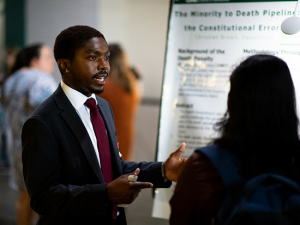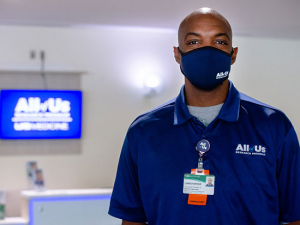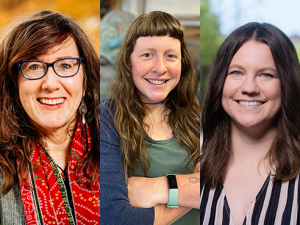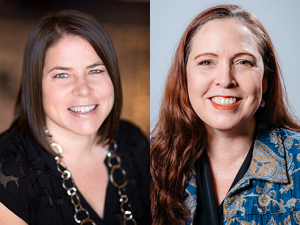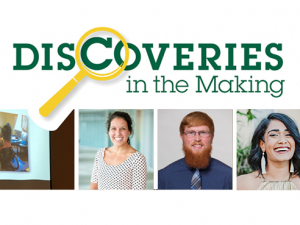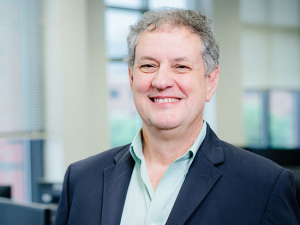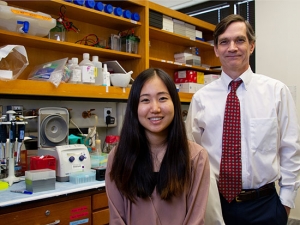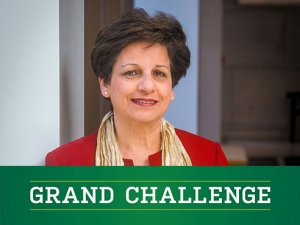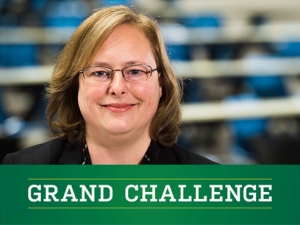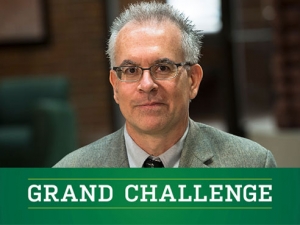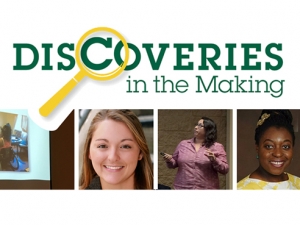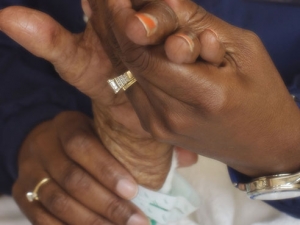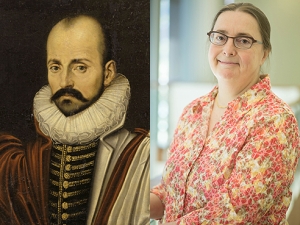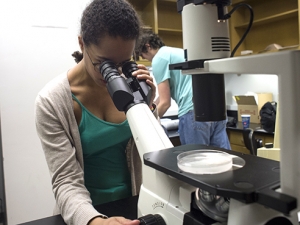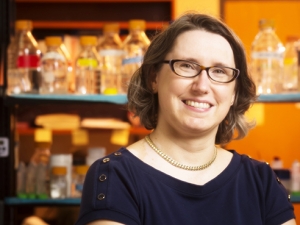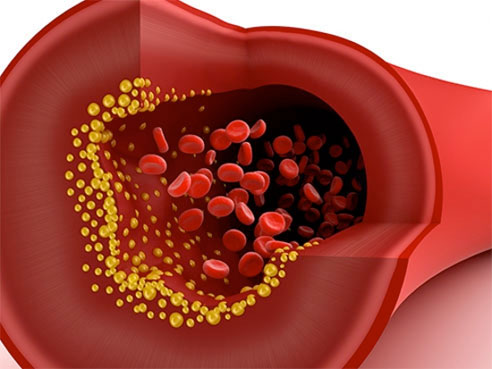 Blood-thinners help prevent and treat strokes, heart attacks and venous clots, but not without the risk of uncontrolled bleeding. Determining who may develop this common complication and the reasons for it is the goal of a UAB study examining the ways varied factors influences individual response to these drugs.
Blood-thinners help prevent and treat strokes, heart attacks and venous clots, but not without the risk of uncontrolled bleeding. Determining who may develop this common complication and the reasons for it is the goal of a UAB study examining the ways varied factors influences individual response to these drugs.
UAB, which developed one of the largest, most racially diverse, prospective warfarin-study cohorts in the country, is uniquely qualified to conduct real-time studies of its effects, said Nita Limdi, Pharm.D., Ph.D., associate professor in the Department of Neurology and primary investigator of the new study.
“This enables us to observe bleeding complications to better understand and study the influence of genes, clinical factors and environment,” Limdi said. That capability is valuable in understanding this process and a key element in securing a $3.5 million grant from the National Heart, Lung and Blood Institute, one of the National Institutes of Health.
UAB’s comprehensive genomic approach will assess both common and rare genetic variations to identify novel genetic variants associated with hemorrhage in warfarin (Coumadin), the most commonly used oral anticoagulant, and also dabigatran (Pradaxa).
| UAB, which developed one of the largest, most racially diverse, prospective warfarin-study cohorts in the country, is uniquely qualified to conduct real-time studies of its effects. |
Limdi says this research is another step toward personalized medicine. The study will begin to develop algorithms, including clinical, genetic and environmental factors, to predict a patient’s risk of hemorrhage. Such tools will enable clinicians to refine patient-specific, risk-benefit assessments and help determine personalized choices for oral anticoagulant therapy.
Limdi, along with colleagues Timothy Beasley, Ph.D., and Nianjun Liu, Ph.D., associate professors in the Department of Biostatistics, and Todd Brown, M.D., assistant professor in the Division of Cardiovascular Disease, are recruiting subjects for the new study. Call 205-996-6009 or email ayourich@uab.edu, jfuller@uabmc.edu or hraiford@uab.edu to inquire.
